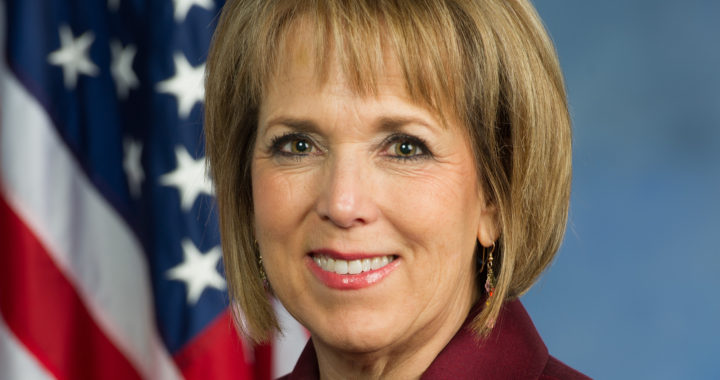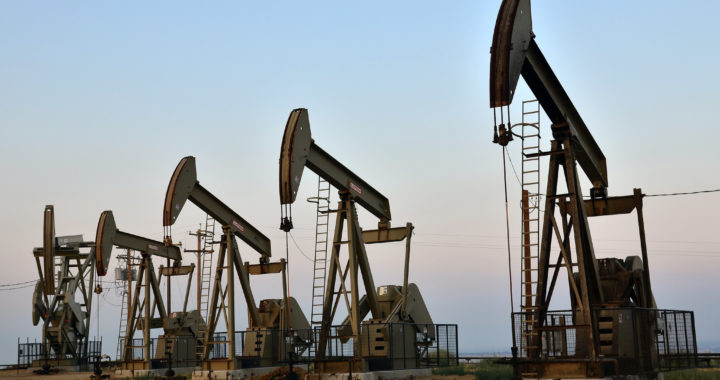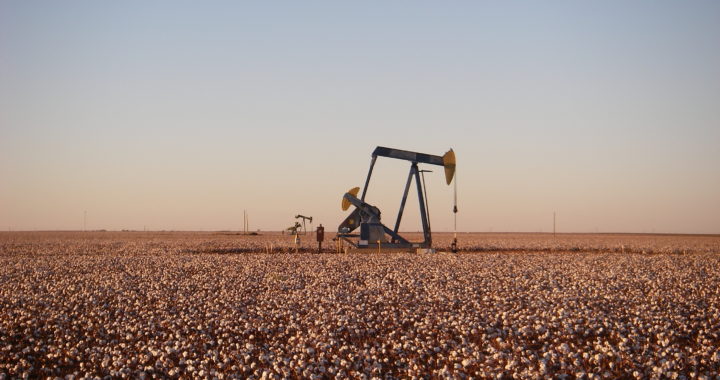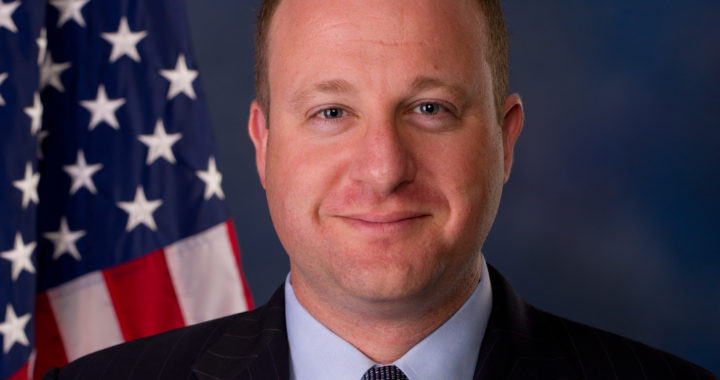Just after midnight on Tuesday, January 1, freshman governor of New Mexico Michelle Lujan-Grisham was officially sworn into office in an intimate ceremony in Sante Fe.
Continue readingAuthor Archive: admin
Upstream Petroleum Management, a Leader in Energy Throughout the West
Just over five years ago, Upstream Petroleum Management began with a singular mission: to make the labyrinthine oil and gas regulatory process altogether easier for industry operators at every level. A half decade later, we’re proud to stand as a pillar in the nation’s vibrant, blooming oil and gas sector.
Can We Stop Talking About How Much the Oil and Gas Company Spends on Elections?
Anyone who lived in Colorado in 2018 won’t soon forget the intensity of the midterm election. Throughout the year, competing interests butted heads over the state’s energy future. In particular, anti-fracking advocates waged an active campaign to pass oil and gas setback legislation known as Proposition 112.
Ultimately, that effort went in vain as Colorado voters defeated Prop 112 at the polls (and thank goodness for that). In the aftermath of that loss, some critics of the energy industry are placing the blame on financial donations from oil and gas.
The Numbers in Black and White
When everything was said and done, seven of the top ten corporate and nonprofit donors in Colorado’s previous election were representatives of the oil and gas industry. Altogether, they spent $31,170,944 to fund Protect Colorado, a PAC designed to make sure Prop 112 died on election day.
When it’s plopped down on the pavement, that much money funneled into combatting one amendment but let’s consider this: the money that the oil and gas industry put into fighting Prop 112 was there to balance the constant stream of media attention bathed on those trying to pass it.
In the months leading up to November’s election, anecdotes about the poor people suffering under the supposedly oppressive oil and gas industry in Colorado. The Denver Post ran an extensive piece on the issue. Colorado Public Radio sounded off. Even national outlets like The Washington Post and The New York Times found reasons to weigh in on the topic. And all in the service of painting Colorado’s oil and gas industry as a semi-nefarious organism dedicated to ruining the environment to improve their bottom line.
Mountains of “real news” articles were published that determined to turn people against a single piece of legislation. If you don’t think that influenced voters, then let’s look at a real-world example.
Let’s Talk About Trump’s 2016 Campaign
When the election cycle ends, there’s inevitably a series of articles that probe each candidate’s campaign coffers. The idea is to infer that somebody won because they paid more money to get the job done. Even the stat fans at FiveThirtyEight.com have out-and-out said: “The candidate who spends the most money usually wins.”
Donald Trump bucked that trend when he spent roughly half the amount of money as his chief competitor Hillary Clinton. Of course, news outlets immediately rushed to say that all the media attention paid to Donald Trump amounted to money spent on his elections. The Washington Post put the number at around $2 billion. CNBC’s estimate reached $4.6 billion.
In other words, the free media attention paid to Donald Trump amounted to a massive campaign war chest, especially when compared to Clinton. Media exposure was considered the same thing as campaign contributions.
It Wasn’t a One-Sided Fight
Now, even as press outlets decry the supposed influence of the energy industry on the fate of Prop 112, they fail to acknowledge that their spotlight — at least, by their definition — amounted to campaign donations on behalf of the amendment.
From that angle, the $31 million and change the energy industry spent on the Colorado 2018 election was more balancing act than anything else.
What’s Next for the Permian Basin?
Even in a country that’s literally filled with ample oil and gas deposits, Texas and New Mexico’s Permian Basin is seen as a beacon in the nation. Now, thanks to the discovery of the most abundant oil and gas resource in United States history, one of the most active oil and gas regions in the nation is about to get some big-time attention from the entire world.
What Does Jared Polis Mean for Oil and Gas in Colorado?
When he took the podium for a victory speech in his decisive victory over Republican Walker Stapleton, Jared Polis was ebullient when he declared that Colorado was “an inclusive state that values every contribution.” Polis was referring to his place as history’s first openly gay state governor, but he may as well have been talking about the future of his state. Even as the Centennial State gains notoriety for its progressive social politics, the backbone of the state is built on its businesses.
Continue reading




